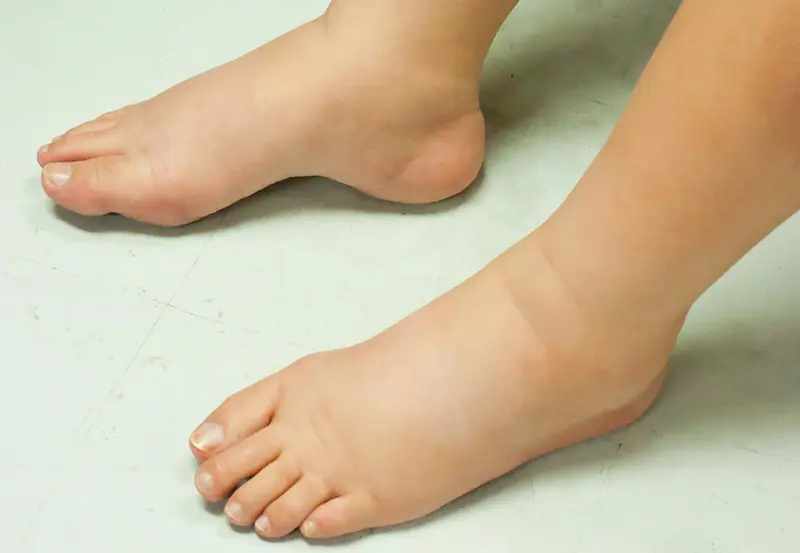
8 Important Signs of Early-Stage Kidney Disease
8 Signs Your Kidneys May Be in Trouble

Diabetes, also known as diabetes mellitus, is a metabolic disorder characterized by blood sugar levels that remain higher than normal. When a person has diabetes, their body cannot properly metabolize carbohydrates from daily food intake to produce energy. Over time, this leads to an increasing accumulation of sugar in the bloodstream.
Consistently high blood sugar levels increase the risk of cardiovascular diseases and cause damage to many other organs such as the nerves, eyes, kidneys, and various other serious health problems.
Recently, an American doctor emphasized a body area you might not usually think about when it comes to diabetes symptoms.
Dermatologist Muneed Shah, currently practicing in the U.S., used his TikTok channel to warn about a lesser-known sign of diabetes: darkened skin on the neck.
Dark skin on the neck doesn’t always mean it is dirty. According to Dr. Shah, one possible cause behind this discoloration is a condition called acanthosis nigricans.
Acanthosis nigricans is a phenomenon where the skin becomes darker, often occurring in skin folds. (Illustrative image)
This pigmentation has indistinct borders and can also make the skin feel thicker.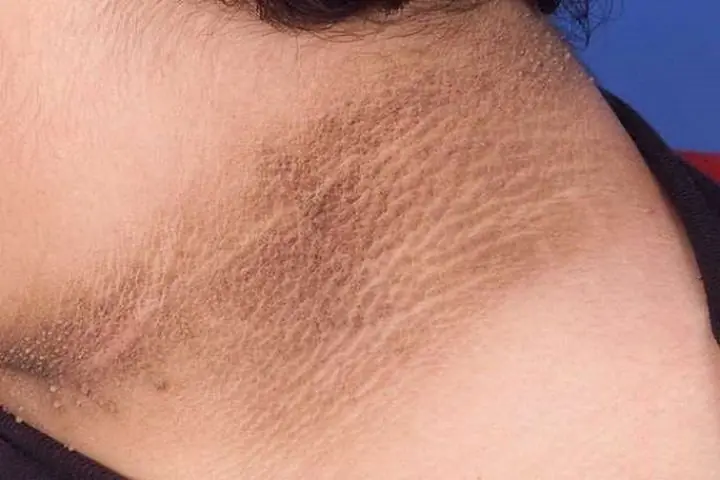
Although this discoloration can appear anywhere on the body, it most often occurs on the back of the neck, underarms, and groin.
Dr. Shah further explained that some causes of acanthosis nigricans include diabetes and insulin resistance.
Insulin resistance is a condition in which the body stops responding properly to insulin because of excessive carbohydrates in the diet. The concerning part is that insulin resistance can “set the stage” for prediabetes and eventually full-blown diabetes.
While darkened skin on the neck may signal high blood sugar and other underlying issues, Dr. Shah noted that genetics can also play a role in the development of this condition.
Here are some other common symptoms of diabetes:
Frequent urination (often at night)
Feeling very thirsty
Unexplained weight loss
Feeling very hungry
Blurred vision
Numbness or tingling in the hands or feet
Feeling very tired
Very dry skin
Slow-healing wounds
More frequent infections than usual
The UK’s National Health Service (NHS) advises seeing a doctor “as soon as possible” if you experience the main symptoms of diabetes.
Dr. Shah added that treating acanthosis nigricans involves managing diabetes.
However, there are also other remedies. He noted: “Using exfoliating agents to soften the skin, such as lactic acid (Amlactin), can help. Retinoid forms like adapalene are also effective.”

8 Signs Your Kidneys May Be in Trouble

Ginger is a staple ingredient in many households, valued not only for its warm, spicy flavor but also for its impressive health benefits.

Why Successful People Often Wear Rings on Their Right Hand …and What It Really Means

Ginger and carrot juice is a nutritious drink that provides many health benefits.

A 24-year-old woman in Vietnam was recently hospitalized with severe abdominal pain, nausea, and signs of internal bleeding.
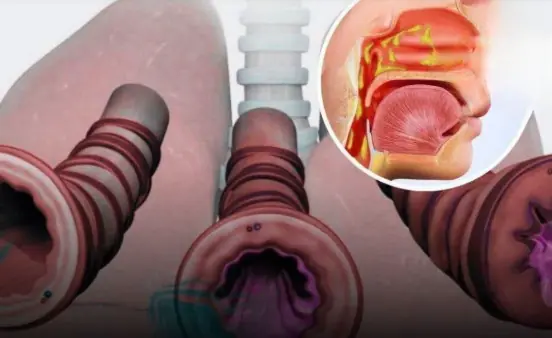
Colds, sneezing, and coughing are never fun.
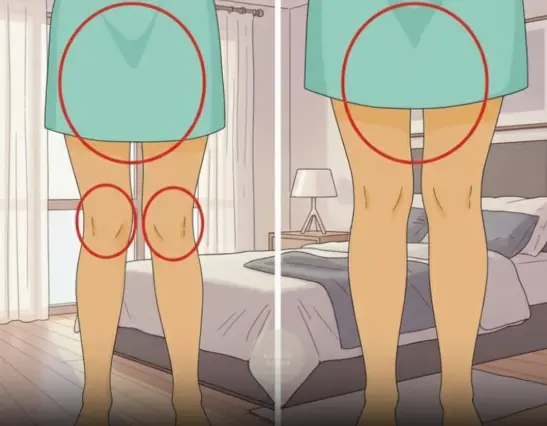
The Truth About the Thigh Gap — And Why You Don’t Need One to Feel Beautiful
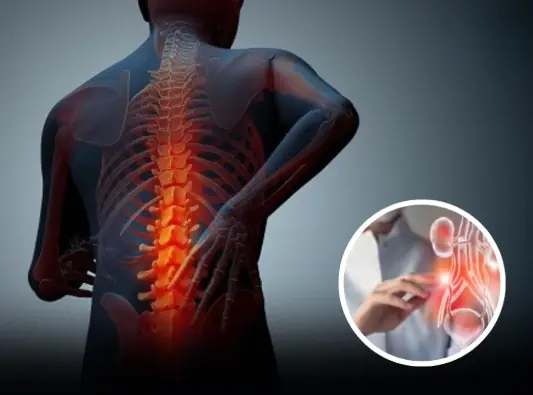
Itching caused by kidney weakness is often prolonged, intense, and difficult to control.

Your nose isn’t just a sensory organ; it can also be a window into your overall health.

Can You Eat Too Much Rice? Doctors Weigh In

The Health Effects of Eating Kohlrabi on a Regular Basis, According to Experts

Why 3–4 A.M. Wake-Ups Could Signal Hidden Stress
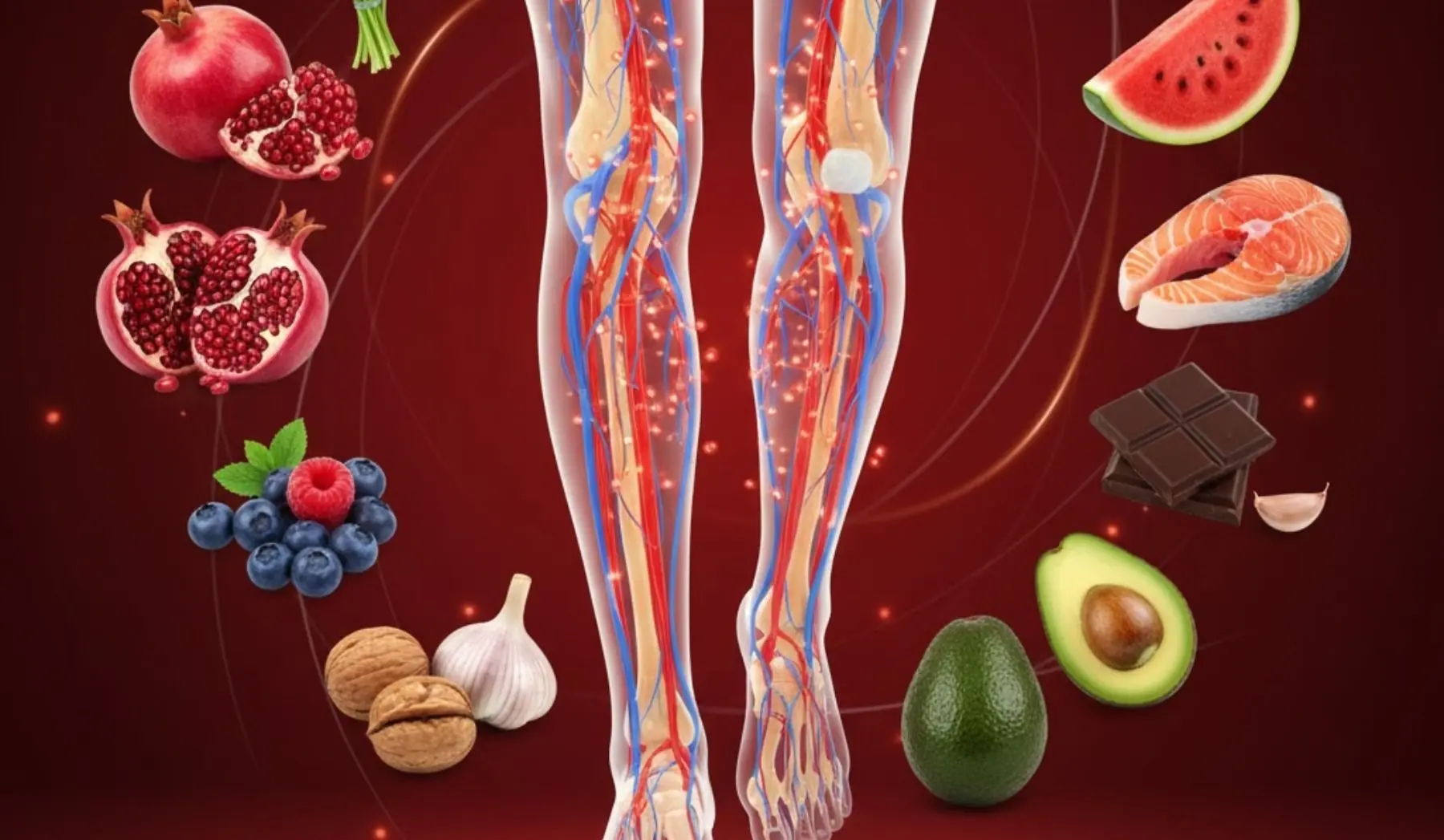
Better blood flow can start in your kitchen — and one spice at the end of this list is especially
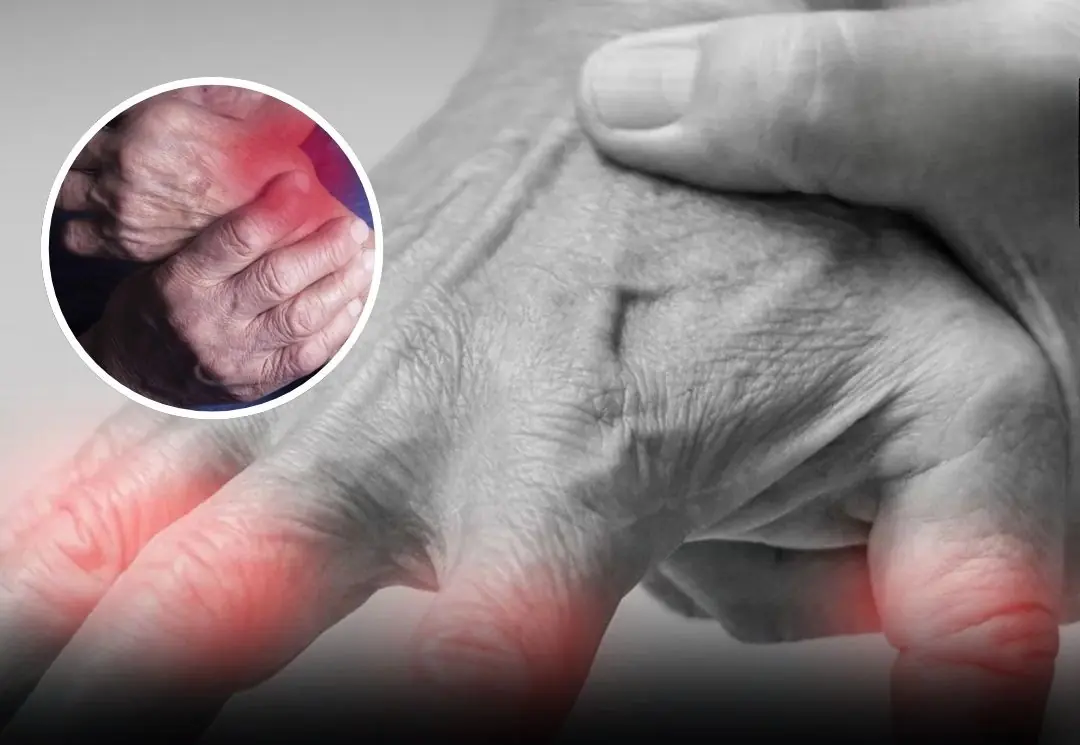
A Common Disease That Attacks From the Inside — Plus the Habit That Can Make It Worse
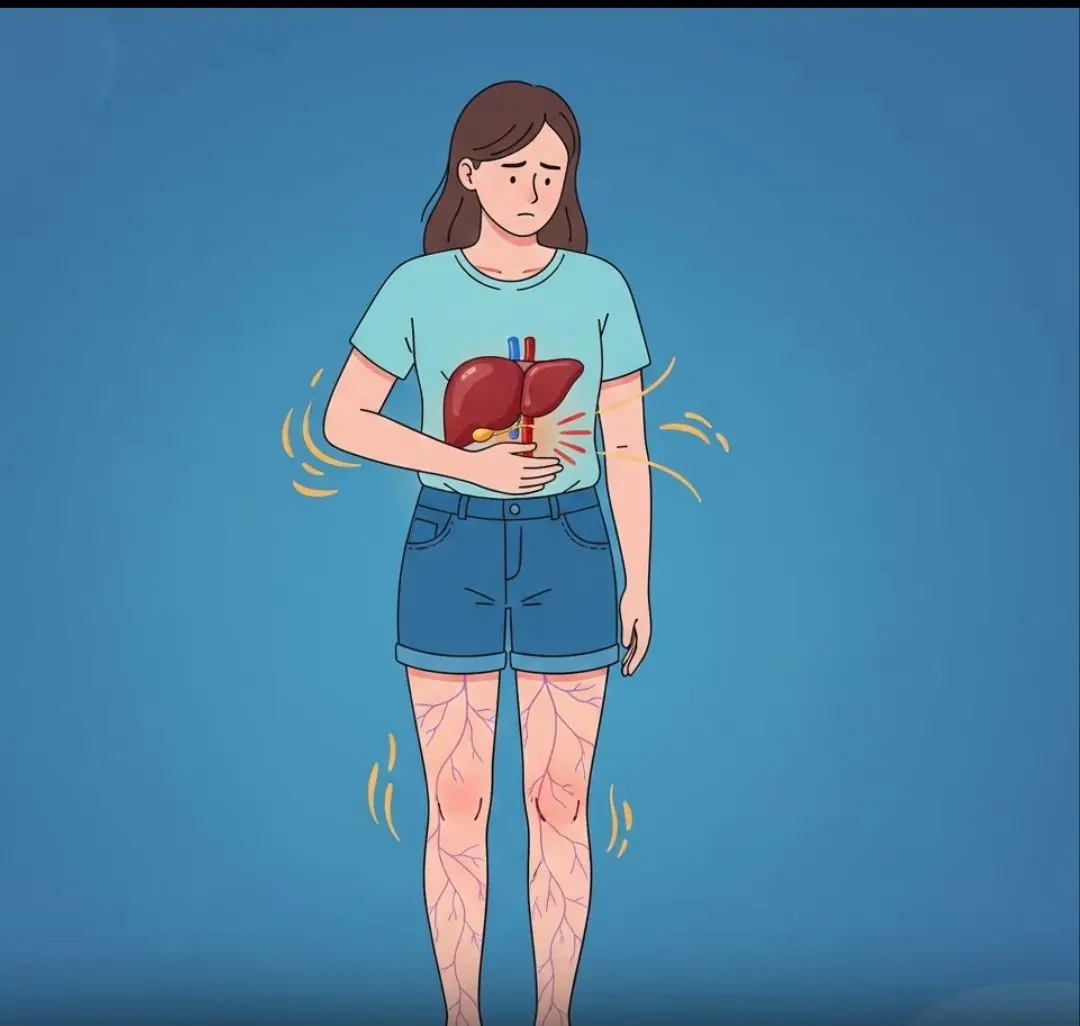
Your legs are screaming “HELP!”: You must know these 5 things....

The “3 Don’ts” After Eating and “4 Don’ts” Before Sleep — Simple Habits Linked to Stroke Prevention

Some everyday foods are officially classified as Group 1 carcinogens. Are you still eating them without realizing it?

Not Everyone Should Eat Onions: Here’s Who Needs to Be Careful
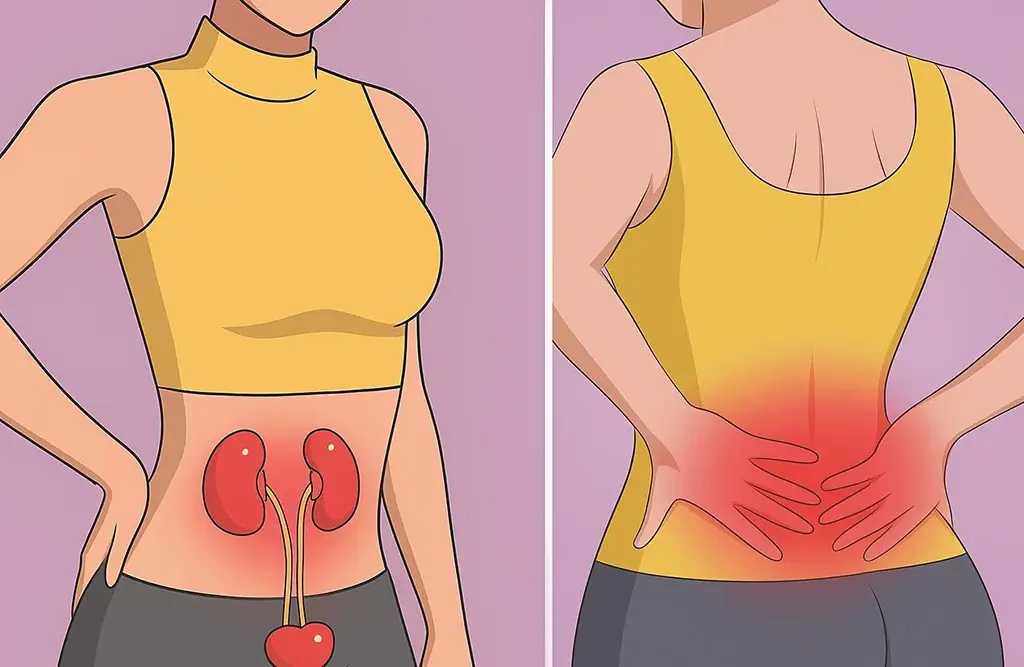
Do NOT ignore these signs

8 Signs Your Kidneys May Be in Trouble
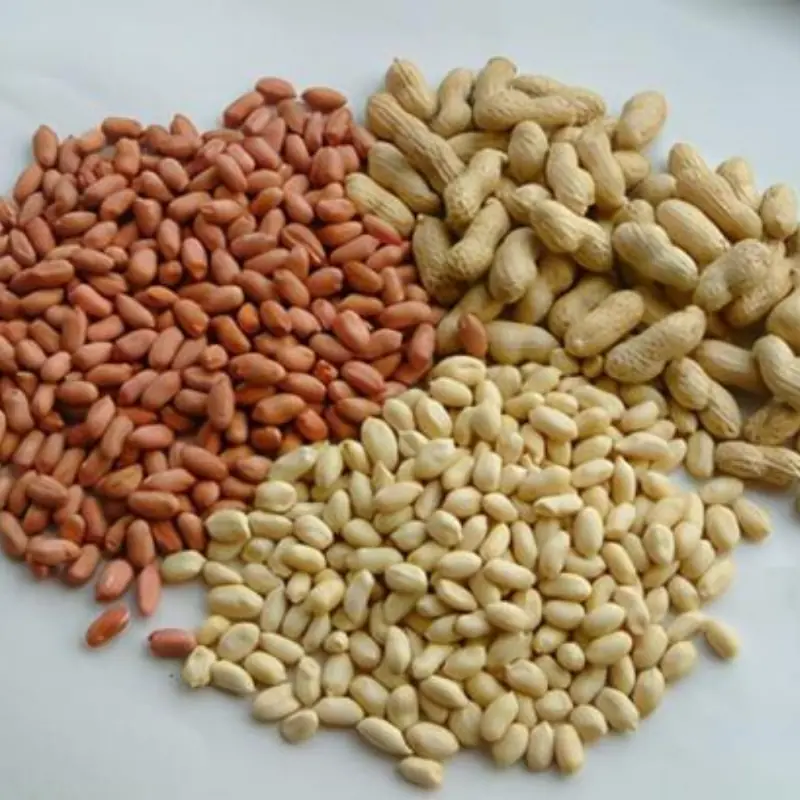
Red vs. White Peanuts: What Really Sets Them Apart

Ginger is a staple ingredient in many households, valued not only for its warm, spicy flavor but also for its impressive health benefits.

Why Successful People Often Wear Rings on Their Right Hand …and What It Really Means

Ginger and carrot juice is a nutritious drink that provides many health benefits.

A 24-year-old woman in Vietnam was recently hospitalized with severe abdominal pain, nausea, and signs of internal bleeding.

Colds, sneezing, and coughing are never fun.

The Truth About the Thigh Gap — And Why You Don’t Need One to Feel Beautiful

Itching caused by kidney weakness is often prolonged, intense, and difficult to control.

Your nose isn’t just a sensory organ; it can also be a window into your overall health.

Okra, also known as “lady’s finger,” is a popular vegetable in many Asian and Western cuisines.

Can You Eat Too Much Rice? Doctors Weigh In

The Health Effects of Eating Kohlrabi on a Regular Basis, According to Experts

What does it symbolize when a person who passed away appears in your dream

My stepfather’s quiet support rebuilt what divorce broke

The weekend my mother-in-law and i got stuck together changed everything

Living with my stepmother taught me more about strength than i expected

My father-in-law refused to call me family until the day he needed me

My mother-in-law and i fought over baby names until we learned the real issue

Sleeping With Ginger: Myth, Trend, or Real Benefit?